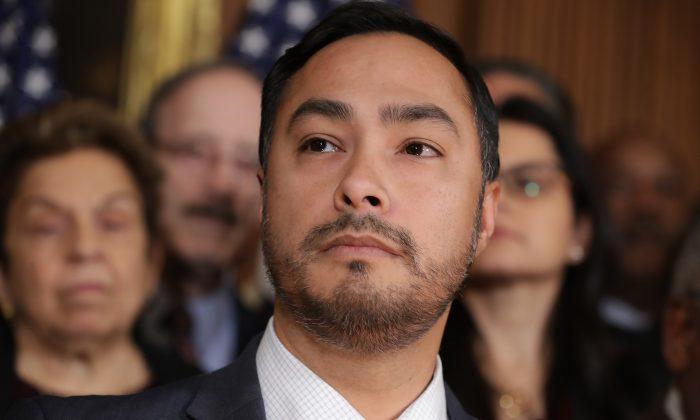Rep. Joaquin Castro (D-Texas) on Dec. 15 introduced a proposal that would make changes to the H-2B temporary guest worker visa program, including providing foreign workers with enhanced legal protections and offering them a path to citizenship.
Called the Seasonal Worker Solidarity Act (pdf), the measure seeks to remedy a number of issues with the H-2B program, which Castro said in a statement currently enable exploitation, discrimination, and displacement of both migrant and American workers.





